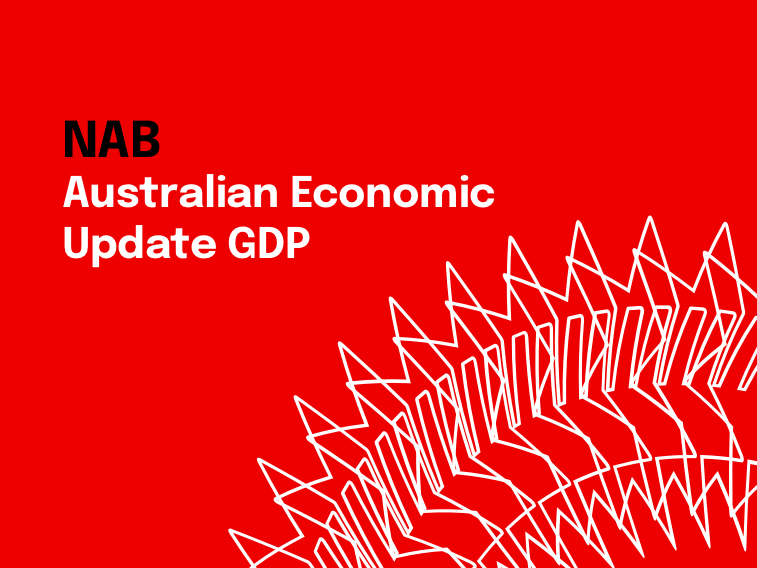Consumers lead the way


Insight
Conditions still above average despite warning signs

After falling over the first half of the year from very elevated levels, business conditions showed resilience in June, remaining steady at above-average levels. Under the surface, retail conditions weakened but there was an offsetting improvement in construction conditions. The resilience came despite warning signs of slowing growth elsewhere in the survey in recent months, and leading indicators in the June survey continued to point to softness ahead with confidence at zero and forward orders remaining in negative territory. Capacity utilisation also eased noticeably in June, to 83.5% – its lowest level since April 2022, albeit still above the historical average. Cost pressures remain an issue, with labour cost growth jumping back up to 2.6% in quarterly terms (possibly reflecting firms factoring in minimum and award wage increases in advance of 1 July), while input cost growth remained at 2.3%. Product price growth moderated slightly but retail price growth also bounced in the month, to 1.6% in quarterly terms. In trend terms, retail prices continue to gradually moderate but remains elevated at 1.5%, while price growth in recreation & personal services also continues to track at an elevated 1.3%, signalling that underlying inflation will likely remain elevated when Q2 CPI is released later in the month.
Business conditions were steady at +9 index points in June. Trading eased 1pt to +14 index points, employment was steady at +5 index points and profitability rose slightly, up 2pts to +9 index points.
“Business conditions have eased notably since January but remain above their long run average, a sign of ongoing resilience,” said NAB Chief Economist Alan Oster. “We continue to see warning signs in the survey about the outlook for growth but as of June firms were yet to see a real deterioration.”
“We have expected discretionary spending to slow and that is showing up with retail conditions falling in June.” said Mr Oster. “However, there was an offsetting increase in construction conditions which may reflect a combination of improving supply issues as well as resilient underlying demand for housing.”
Business confidence rose 3pts to 0 index points. Leading indicators were mixed with forward orders up 2pts to -2 index points while capacity utilisation declined 1ppt, from 84.5% to 83.5%.
“Confidence rebounded in a little in June but remains low at 0 index points, which implies that there are just as many firms that are pessimistic about the outlook as there are firms that are optimistic,” said Mr Oster. “In trend terms, confidence is weakest in retail and is also negative in wholesale and recreation & personal services, reflecting concerns about the outlook for consumption.”
“Forward orders also remain in negative territory in a further sign that things may soften further over the period ahead,” said Mr Oster. “We also saw a fall in capacity utilisation in June, back to levels not seen since April last year, although at 83.5% this measure remains well above average.”
Price and cost growth were also mixed. Labour cost growth rose to 2.6% in quarterly equivalent terms (up from 2% in May) and purchase cost growth was unchanged at 2.3%. Final products prices growth was 1.1% (down from 1.3%), but the retail component rose 1.6% (up from 1.3%).
“Labour cost growth jumped back up to 2.6% in quarterly terms in June, possibly reflecting firms factoring in minimum and award wage increases in advance of 1 July,” said Mr Oster. “Purchase cost pressures also remain and retail price growth picked up in the month, signalling that underlying inflation will likely remain elevated when Q2 CPI is released later in the month.”
“Overall, the survey suggests the economy remained resilient and price pressures continued through the end of Q2, despite warning signs that growth is slowing,” said Mr Oster.
For more information, please see the NAB Monthly Business Survey (June 2023)
© National Australia Bank Limited. ABN 12 004 044 937 AFSL and Australian Credit Licence 230686.